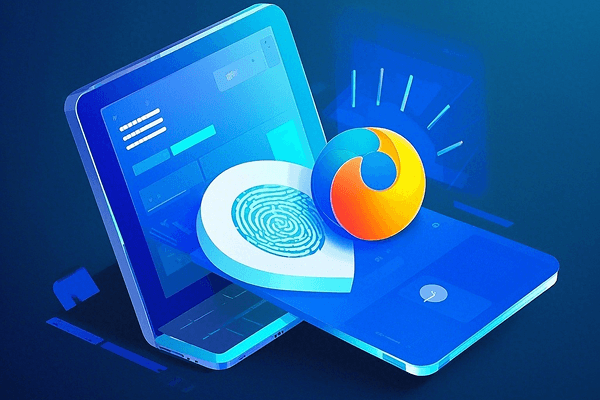
Hot Picks
How to run Facebook ads in 2025? Ideas

Hot Picks
How to promote on Amazon? Sharing various promotion methods

Hot Picks
Choose BitBrowser for fingerprint browsers, and look for the only official website: bitbrowser.cn
Fingerprint browsers become a talisman for data security as Chinese companies go global
Time: 2024-07-27 16:54 Click:
The biggest policy obstacle for Chinese companies to go overseas is data security compliance.
Companies that have developed well in China are all trying to go overseas; companies that have not developed well in China are also trying to go overseas.
Overseas data security laws present a completely opposite enforcement status from those in China. Private enterprises are severely punished overseas, while state-owned enterprises are severely punished in China.
Therefore, domestic companies going overseas first need to reverse their ideology, because foreign governments will really confiscate your underwear. Just look at TikTok now and you can feel it.
This is the most practical compliance requirement that Chinese companies face when going overseas, and the way to protect the personal privacy of foreign citizens. Different countries have detailed legal restrictions and regulations.

Companies that have not yet gone overseas or are preparing to go overseas may find it difficult to imagine that the way companies that have already gone overseas solve this contradiction is to rely on the fingerprint browser software.
One of the main functions of the so-called fingerprint browser is to isolate each other at the browser level and not interfere with each other. In this way, it can not only ensure the data security of the office system, but also not infringe on personal privacy.
Millions of overseas companies and cross-border e-commerce companies must be familiar with fingerprint browsers. Fingerprint browser refers to a unique browser identifier generated by using the features of modern browsers, such as User-Agent, Accept-Encoding, Language, Screen, Time Zone, etc. It is also called browser fingerprint or digital fingerprint because it can be used to track user behavior, conduct user identification and privacy investigation.
Its purpose is to reduce or avoid network activities being tracked and identified. They use various technologies to hide the user's real IP address, operating system, browser version, screen resolution and other information, and simulate other people's Internet behavior to reduce the risk of users leaving fingerprints on the network.
Fingerprint browsers can add proxy IPs and customize fingerprint information to better protect user privacy and data security.
The most famous one is the BitBrowser Fingerprint Browser, which can simulate fingerprint information such as computer hardware, software, and environment, and complete virtualization through multiple data encryption methods, making user operations more real and natural.
At the same time, the BitBrowser Fingerprint Browser also provides various verification mechanisms to prevent accounts from being identified by websites and banned.

 Multi-Account Management
Multi-Account Management Prevent Account Association
Prevent Account Association Multi-Employee Management
Multi-Employee Management



